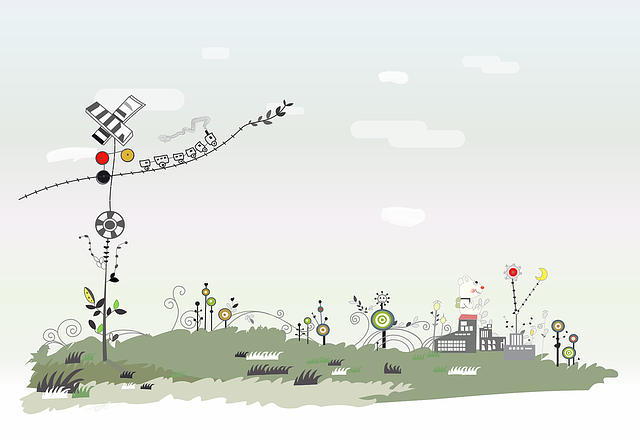
It’s already clear that remote learning will be a reality this fall for some teachers and their students.
How can teachers teach in a way that is politically prophetic—while at the same time practicing effective remote instruction? By “politically prophetic,” I mean to recognize that teaching is a political act. Teachers have the power to either liberate or oppress students with their instruction. I also mean that teaching has a prophetic function, of speaking the truth to provide both revelation and inspiration to students. Considering the racial reckoning our nation is undergoing, our students need teachers courageous enough to be politically prophetic.
One method that can help to engage students, whether either in-person or virtually, is a case study.
A case study is a particular instance or happening (either fiction or non-fiction) used to illustrate a principle. Case studies tell a story that sets the scene and reels in students. We all love a great story. As we process what’s happening in the story, we can approach the questions posed within the case study that require reflection and critical thinking. Participants enter discussion to continue the critical analysis and reflection process to problem-solve. Once some semblance of a resolution is crafted, more discussion takes place to consider the efficacy of the resolution.
I don’t know of a book that has a bunch of ready-made case studies that tackle the inequities and injustices of coronavirus America, incorporating history, the sciences, literature, and mathematics. Teachers may have to create such case studies for themselves.
But how?
Consider your content and unit plan. Develop a story with real-life implications. The story in the case study should both relate and be of interest to students. Use the content to both tell the story and frame the questions.
The questions must assess both content knowledge and content application. The questions should not provide a clear-cut resolution; there must be some gray area. At the end of the case study, students should walk away thinking about the story and about how the group approached resolving the conflict. Here are some examples:
- A 4th-grade math teacher can tell a story of 2 siblings whose mom lost her job and how they decided to spend their saving to support the groceries; one purchases groceries and the other starts a garden.
- A 7th-grade social studies teacher can tell a story of a kid who decided to break a police car window to steal masks from an officer, who arrests people attempting to enter stores without a mask.
- A 10th grade literature teacher can tell the story of college student who is living at home with her elderly grandparents. The student decided to go to a pool party while her town was under quarantine. When she returned home, her grandparents changed the locks and refused to let her in.
These case studies can bring to light a number of concepts to enhance student learning. Consider the following:
|
4th Grade Math |
7th Grade Social Studies |
10th Grade Literature |
||
|
Teacher Development |
Why is this a good way to teach? |
The scenario uses math and science principles; providing students with an opportunity to weigh how to allocate resources: time, money, energy, effort. | The scenario draws on economic inequality and how that shapes the dynamic of legality versus morality. In addition, students can challenge or defend the fundamental role of laws and their enforcement during a public health emergency. | This story allows for use of the parts of a story i.e. rising action & climax, to track the story as well as providing students the ability to research the methods of social distancing and contract tracing. |
|
What other questions can be asked? |
|
|
|
|
|
Student Development |
What skills does this format develop? |
|
|
|
|
How might the teacher guide students through these issues? |
|
|
|
This is the sort of content students need.
No, you may not be marching in the streets or staging a massive boycott. But through use of the case study, you’ve maneuvered your teaching to a space whereby you can speak to the circumstances that shape the human experience and empower students to feel comfortable talking and listening about causes and solutions.
Content that is politically prophetic will empower new leaders to rise. May the teachers be the first such leaders to emerge.
Rann Miller is a Ph.D. Candidate at Rutgers, The State University of New Jersey. His writings on race, education and politics were featured in Hechinger Report, Education Week and the Grio.
Read more from Education Next on coronavirus and Covid-19.
The post The Case for Case Studies: Teaching During Covid-19 appeared first on Education Next.
By: Rann Miller
Title: The Case for Case Studies: Teaching During Covid-19
Sourced From: www.educationnext.org/case-for-case-studies-teaching-during-covid-19/
Published Date: Thu, 13 Aug 2020 05:00:56 +0000
No comments:
Post a Comment